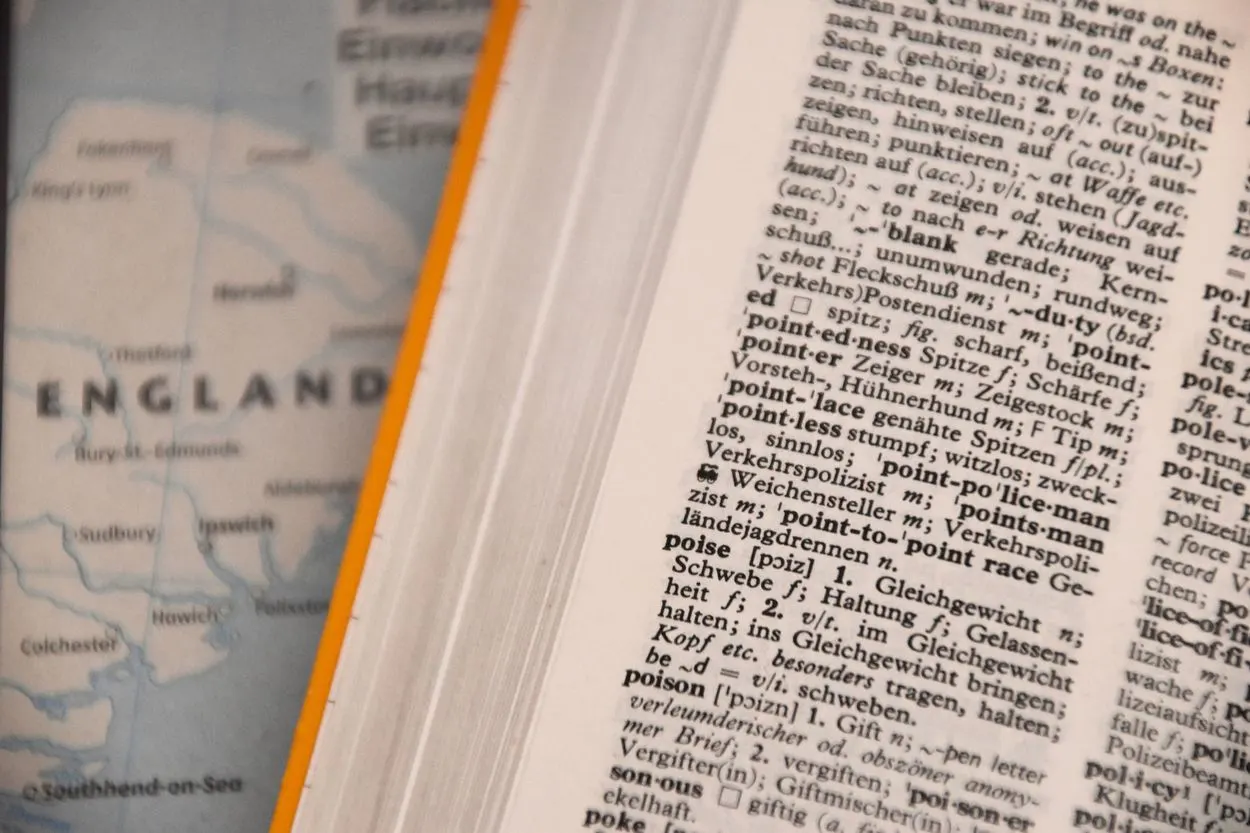Do you know that even native speakers don’t give heed to the traditional grammar rules taught in school? You, as a non-native learner, will notice that they say grammatically incorrect things very often. On top of that, their writing skills get even worse—and believe me, nobody seems to care.
But as a non-native speaker, you need to be proficient in grammar rules in order to pass IELTS or other tests.
There are many phrases that might leave you in doubt about whether they’re correct or not. Let me tell you that “a job well done” or “a job done well” are two of them.
None of the above phrases are grammatically incorrect. Both are used when you intend to praise someone for the work they have done as required or within the given timeframe. Though the more common one is “a job well done”.
This article is all about using grammatically correct phrases. I’ll also share some ways you can improve your writing skills.
So, let’s get into it.
I Will Have Completed vs. I Will Have Been Completed—Which One Is Correct?
Let’s get to know a bit about the English language and its sentences before going to our topic sentence.
The sentence, I will have completed, is an active voice in the future perfect tense and is grammatically correct, whereas the latter is incorrect.
You place subject and object on the basis of the voice of the sentence.
If the sentence has “will have” as a verb, it is in active voice. The subject goes first in that case, while sentences having the verb “will have been” with a past participle are in passive voice. In such a situation, the subject is used as an object and vice versa.
If there’s an -ing form used with have been, the tense is a future perfect continuous.

Future Perfect—Active Voice
Will + have + past participle
I will have completed the task by next Friday.
I will have finished cooking.
It will have stopped raining.
Future Perfect—Passive Voice
Object + will + have been + past participle + by + subject
The teacher will have taken the class. (Active)
The class will have been taken by the teacher. (Passive)
She will have told the truth. (Active)
The truth will have been told by her. (Passive)
Future Perfect Continuous
Will + have been + ing form
I will have been writing the essay.
I will have been leaving for college.
She will have been going on vacation.

“A Job Well Done” Or “A Job Done Well”—Which One Is Correct?
To build a stronger relationship with the team, a manager can appreciate their efforts. It’s important to do so because it helps them perform better and better to get more recognition.
The more common way to do so is by saying “a job well done”. The other phrase with the same meaning is “a job done well.” It’s worth noting that this is not very common to use.
“None Of Them Have Come” or “None Of Them Has Come”
“None of them have come” is grammatically incorrect and, therefore, you shouldn’t use it.
Here’s why:
You probably wonder whether none is singular or plural. It can be both plural and singular because it’s an indefinite pronoun. Mostly, the object determines in which context it’s been used.
Because the object “them” is plural in the above examples, “none” will be used as a plural. Therefore, the verb “have” will be correct to use.
Here’s an example of ‘none‘ as a singular:
None of her advice seems to work.
“In My Work” or “At My Work”
Seemingly, both the phrases “in my work” and “at my work” are grammatically incorrect. The reason is that the non-natives would either say “at work” or “in my line of work“. “In my work” or “at my work” isn’t what natives would use.
As far as the usage of ‘at‘ and ‘in‘ is concerned, both are correct, though “at work” is commonly used. The following examples may help you get a better idea:
Andy, at my work, is going to sell his house.
In the above example, the work is referred to as a physical place. While that’s not the case in the following example. In the example below, the work is the result of an action.
When I’m in a good mood, the productivity in my work automatically increases.
“Would Get” or “Would Have Gotten”
The “would” in “would get” indicates that you’re willing to get something in the future. On the other hand, “would have” in “would have gotten” refers to your willingness to get something in the past but you couldn’t for some reason.
As per grammar rules, would is followed by the first form of the verb, so you go with would. As you probably know, only the third form of the verb (v3) will go after have.
Look at the following examples:
- I would watch a movie if I had Sunday off.
- I would get a new necklace if I visited my hometown on vacation.
- I would have sent my car for a wash if I hadn’t fallen sick.
- I would have finished the book if I had a less burdensome load of work.

English Slangs That Are Often Misunderstood
| Slangs | Meaning |
| Butt dial | Calling someone without any intention by just sitting on your phone while it’s in your back pocket |
| I have been there | The person saying this has been in the same situation that you’re currently in |
| Beg to differ | When you politely disagree |
| What’s up | Another way to inquire, “How are you?” |
| I second this | When you agree with others’ opinions, you can use this slang |
| Did too | Non-natives confuse “too” with two and think that someone has done something twice while in reality it simply means, “I also did this” |
| Except or except for | Many people get confused between these two. Look at the examples: I ate everything except (for) chowmein. Since both are grammatically correct, you can use any of these. |
| Busting a nut | When you work so hard or put so much effort into something. My mom busted a nut trying to organize the library. It can also be used when someone or you are having a hard time. Stop busting my nuts! |
| Busting balls | This slang can be used when someone has irritated you so much He busted my balls. |
Conclusion
- English is one of the few languages that have multiple ways of saying the same thing.
- For instance, you’ll find twenty phrases to ask someone how they’re doing.
- “A job well done” and “a job done well” are such phrases.
- Both phrases are used to appreciate someone for their outstanding work.

